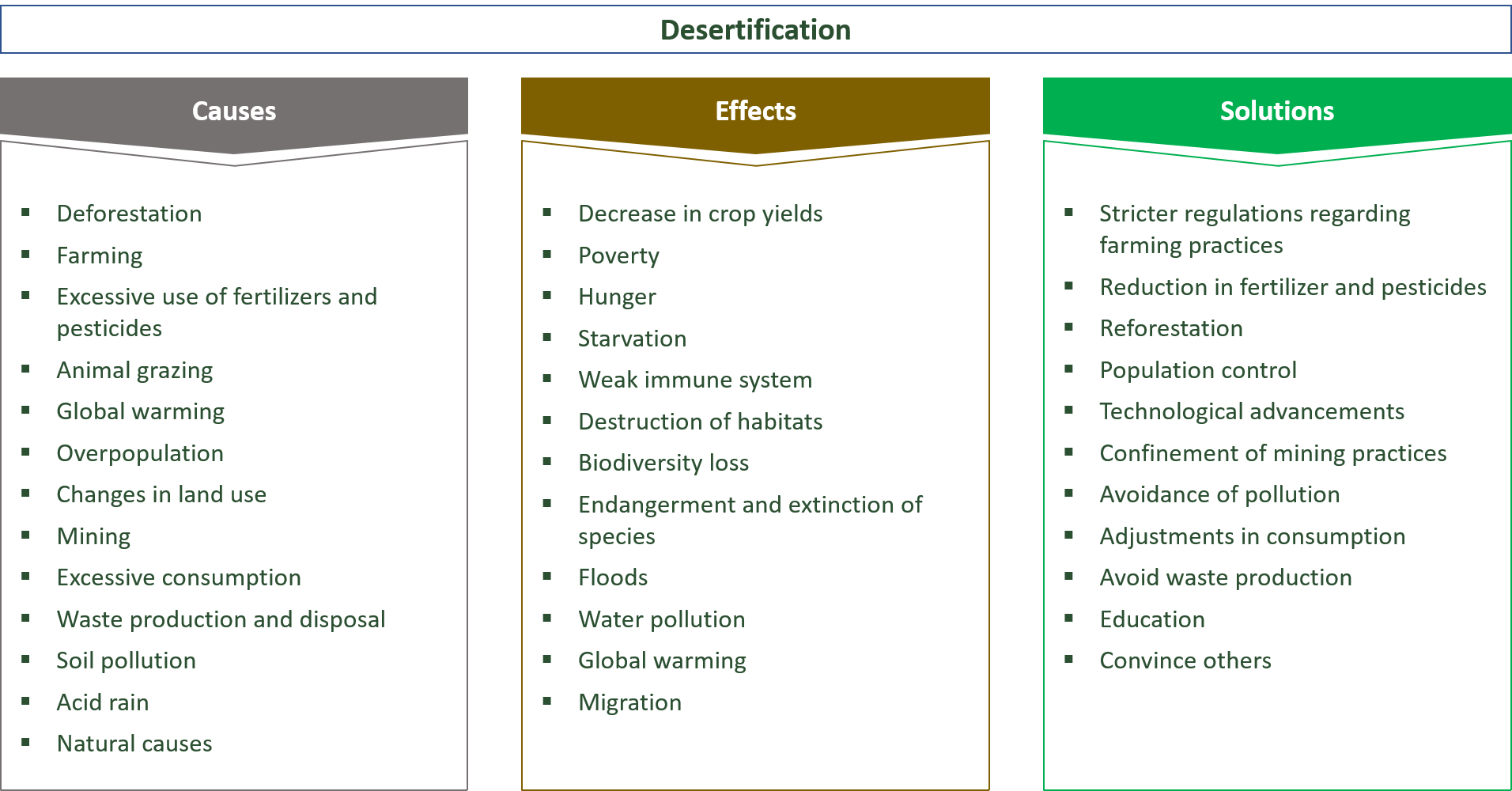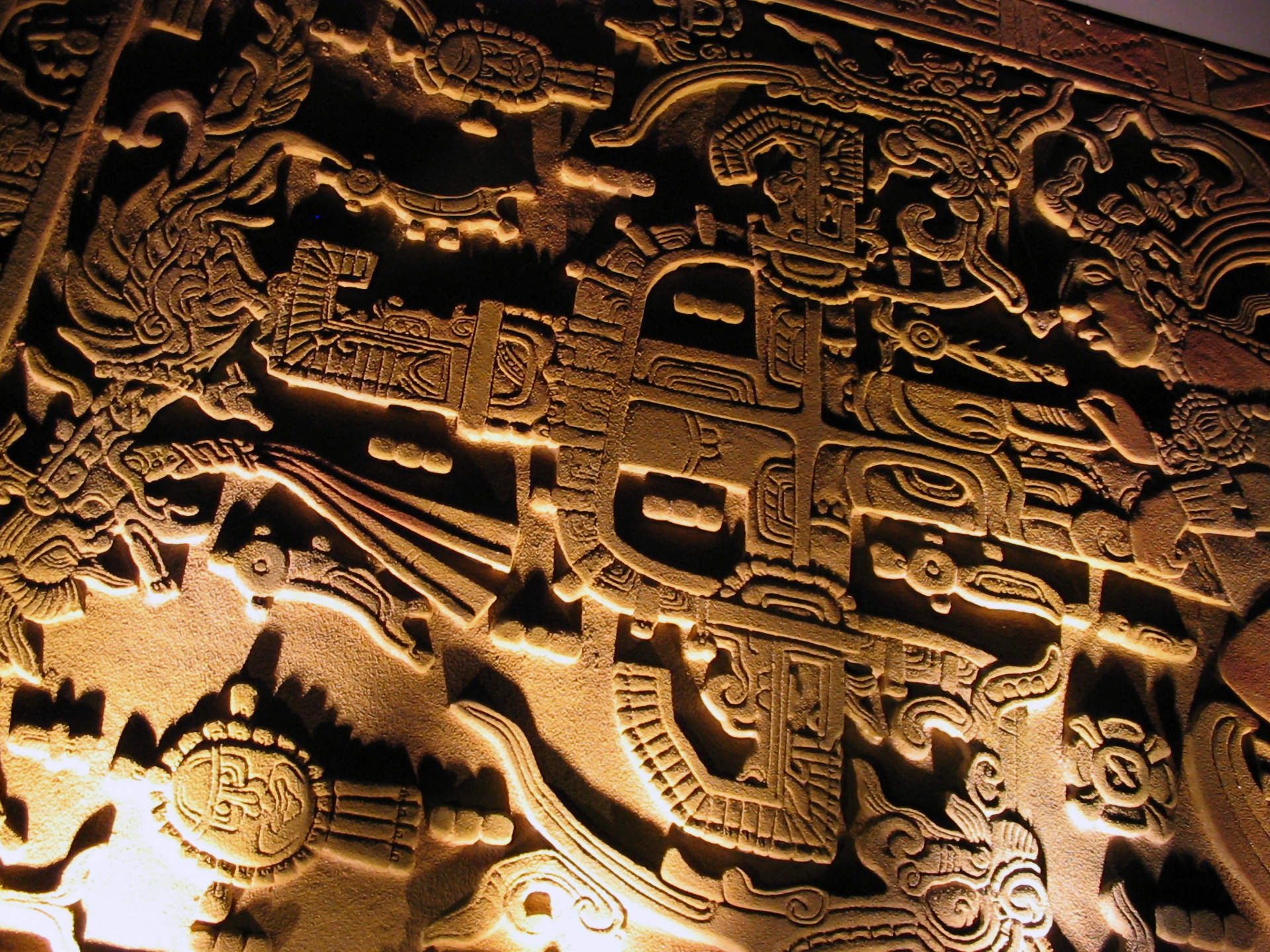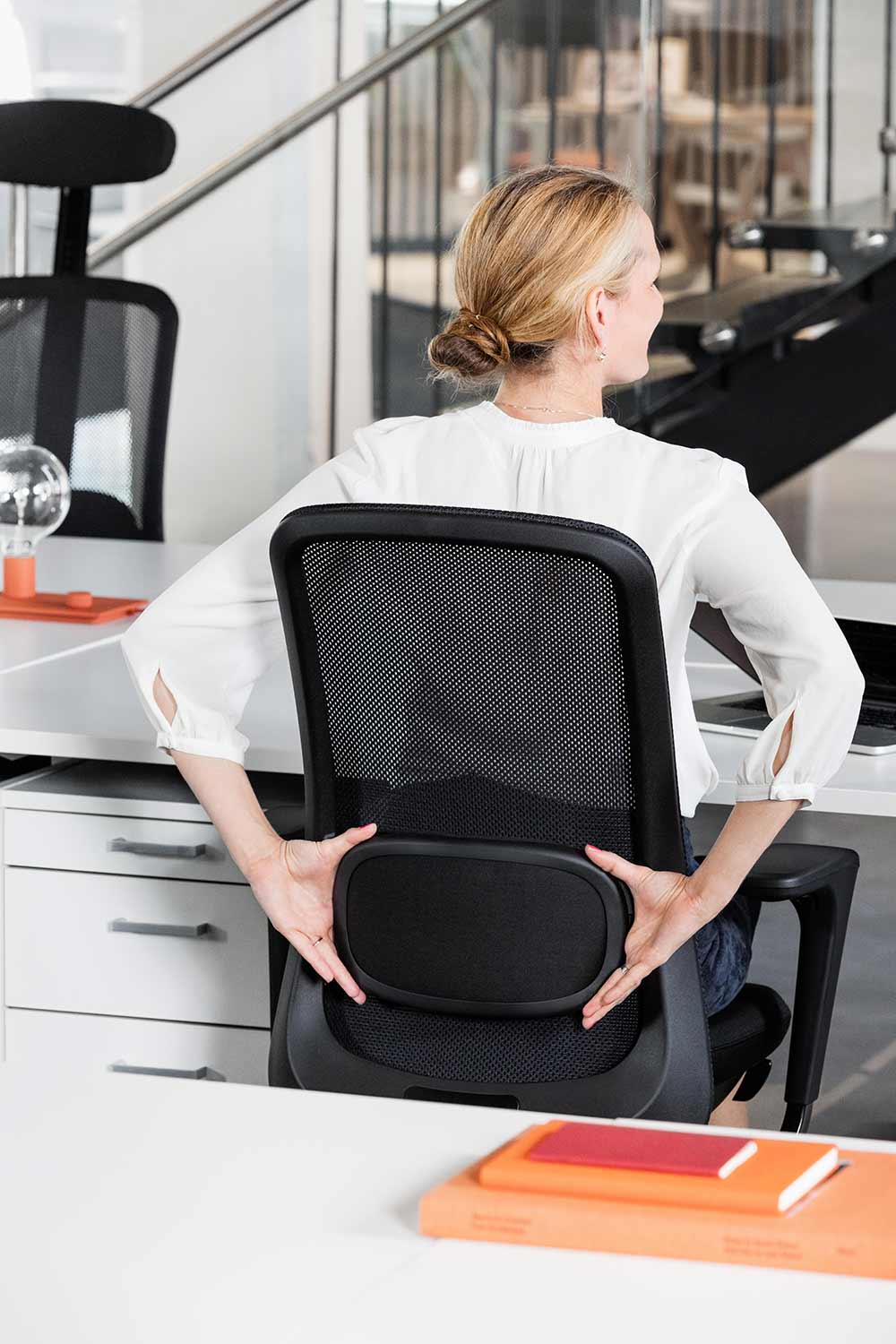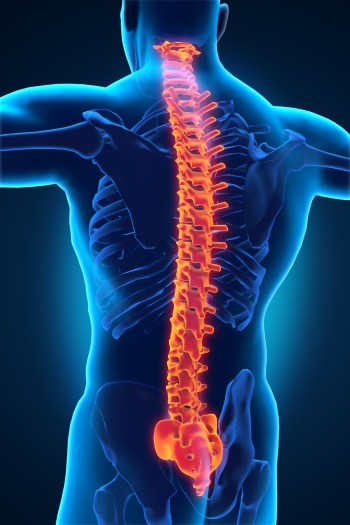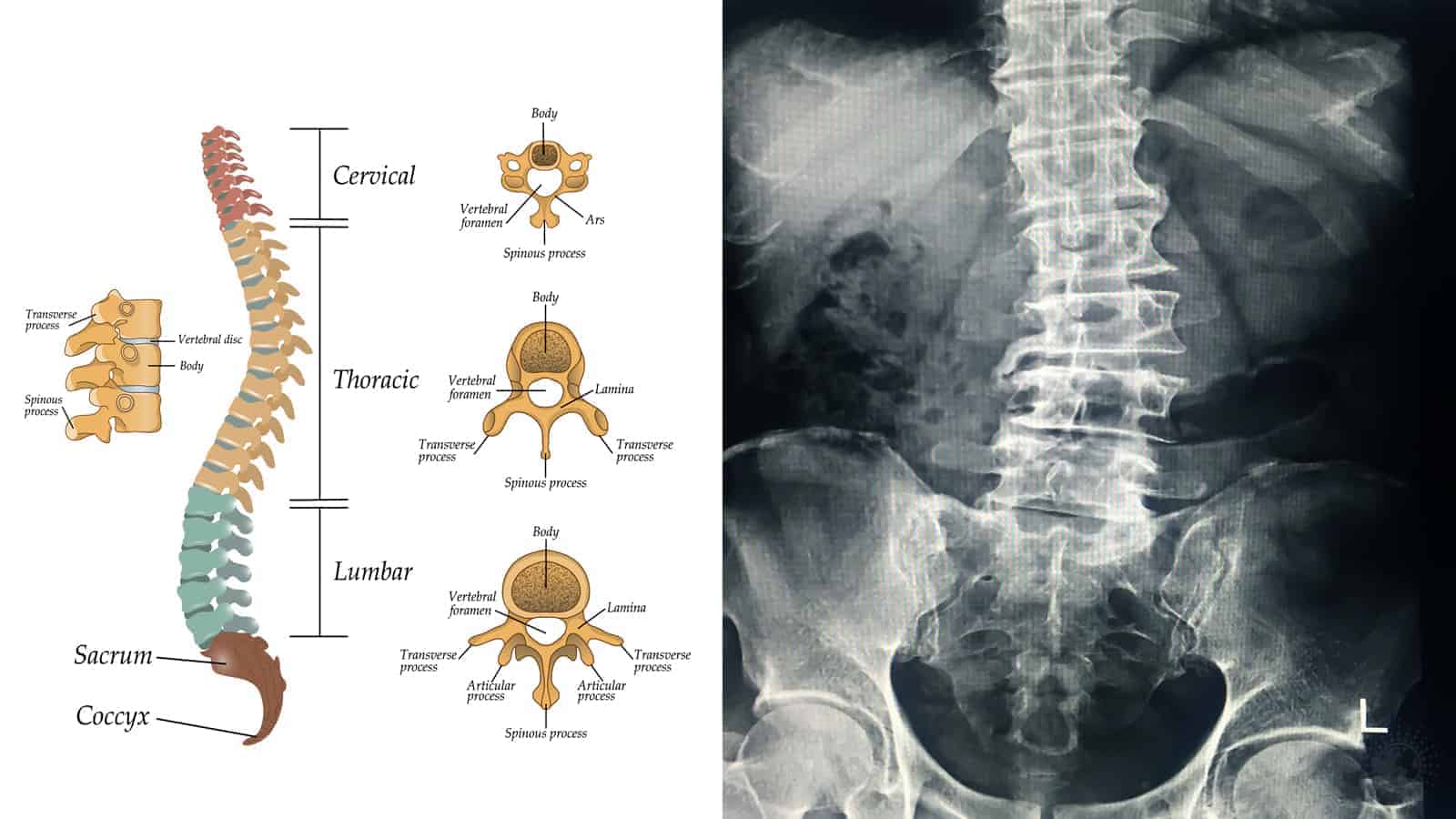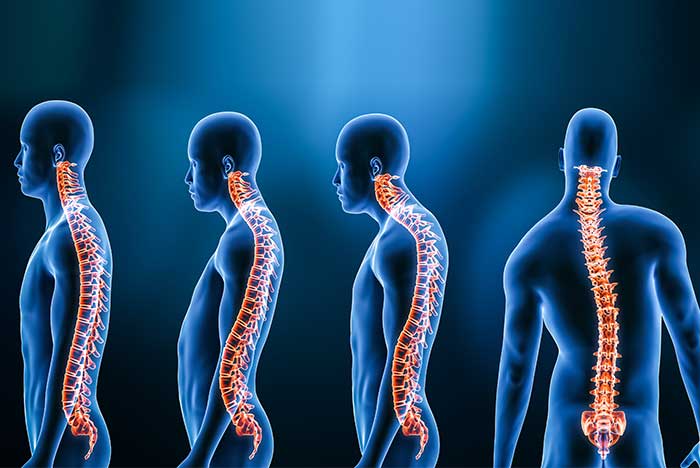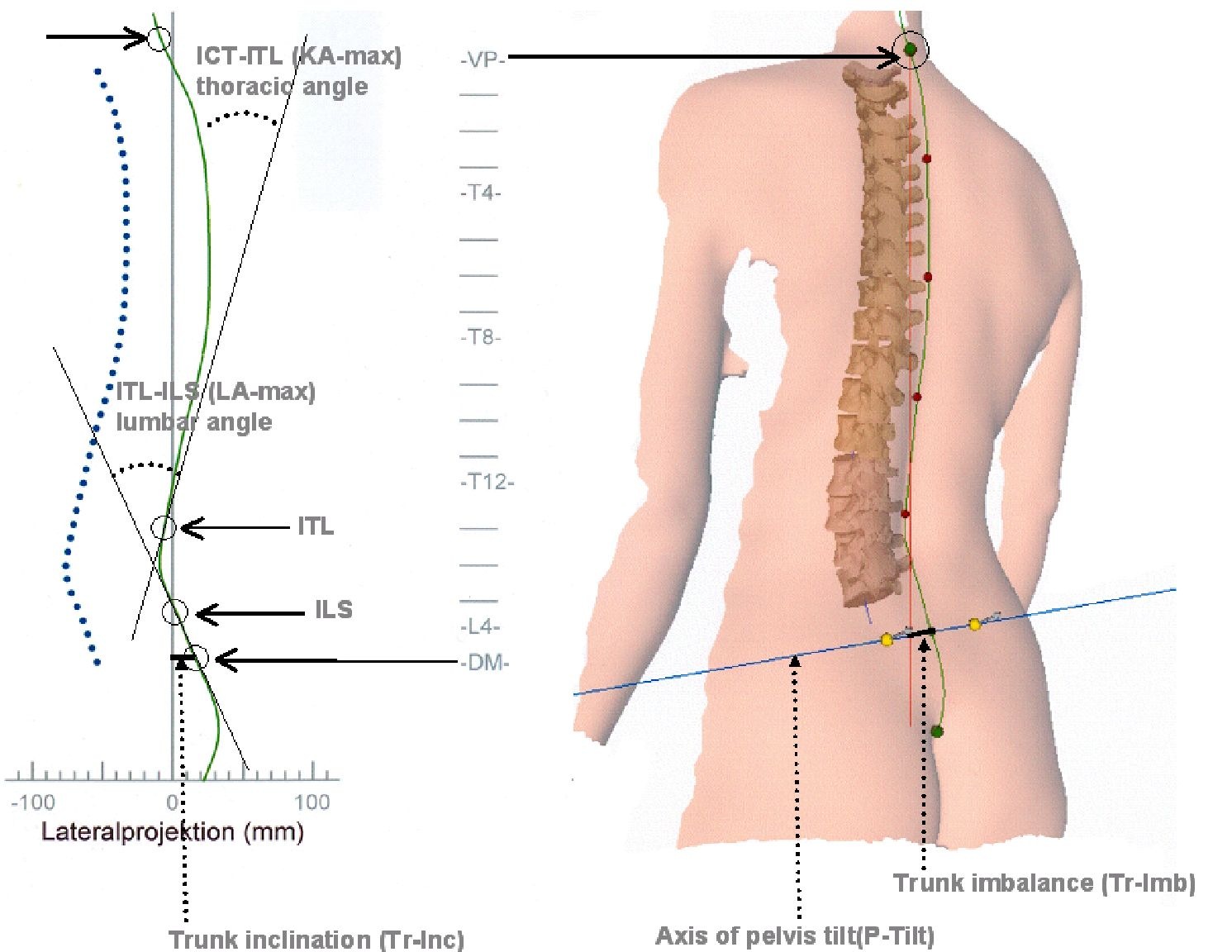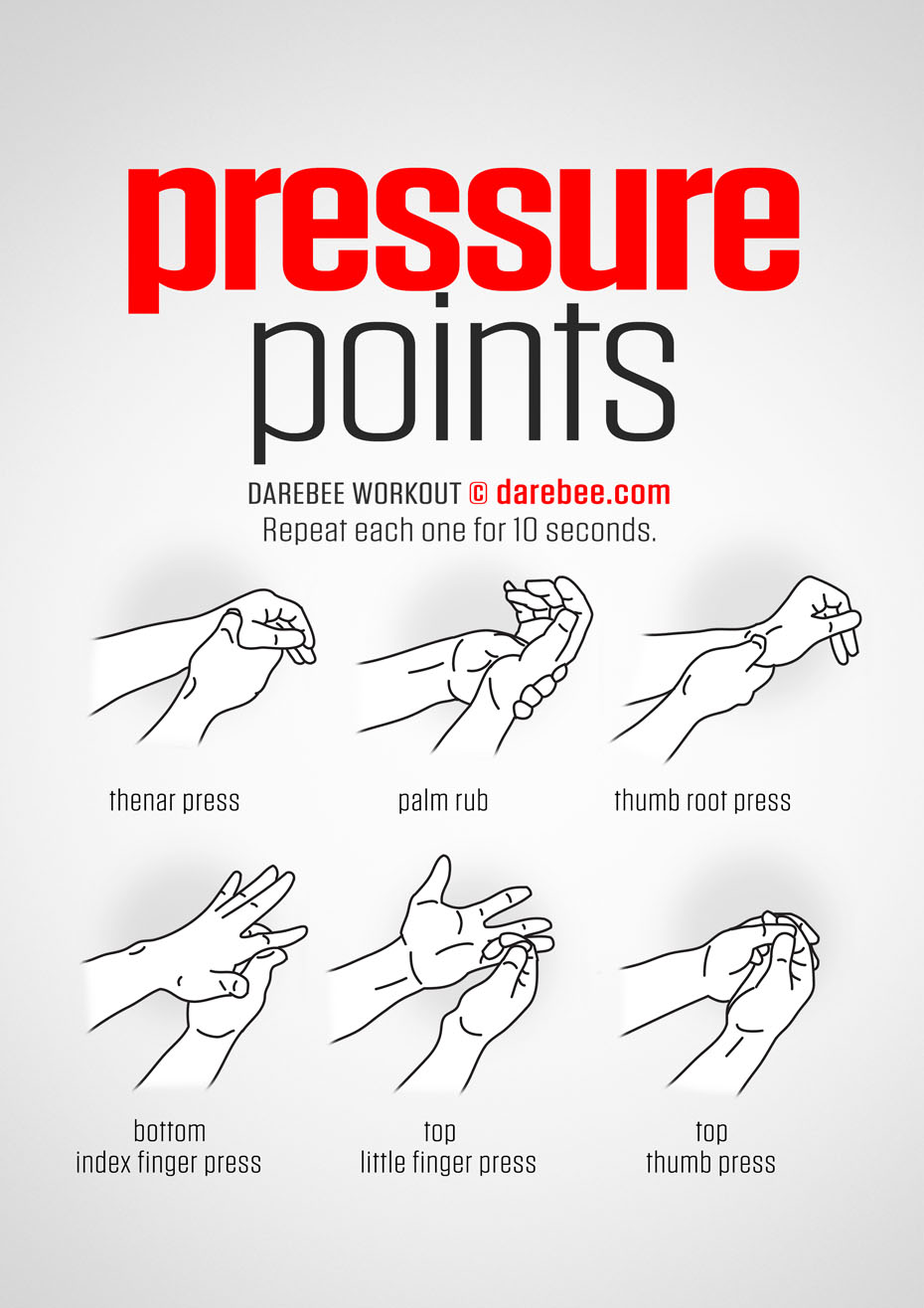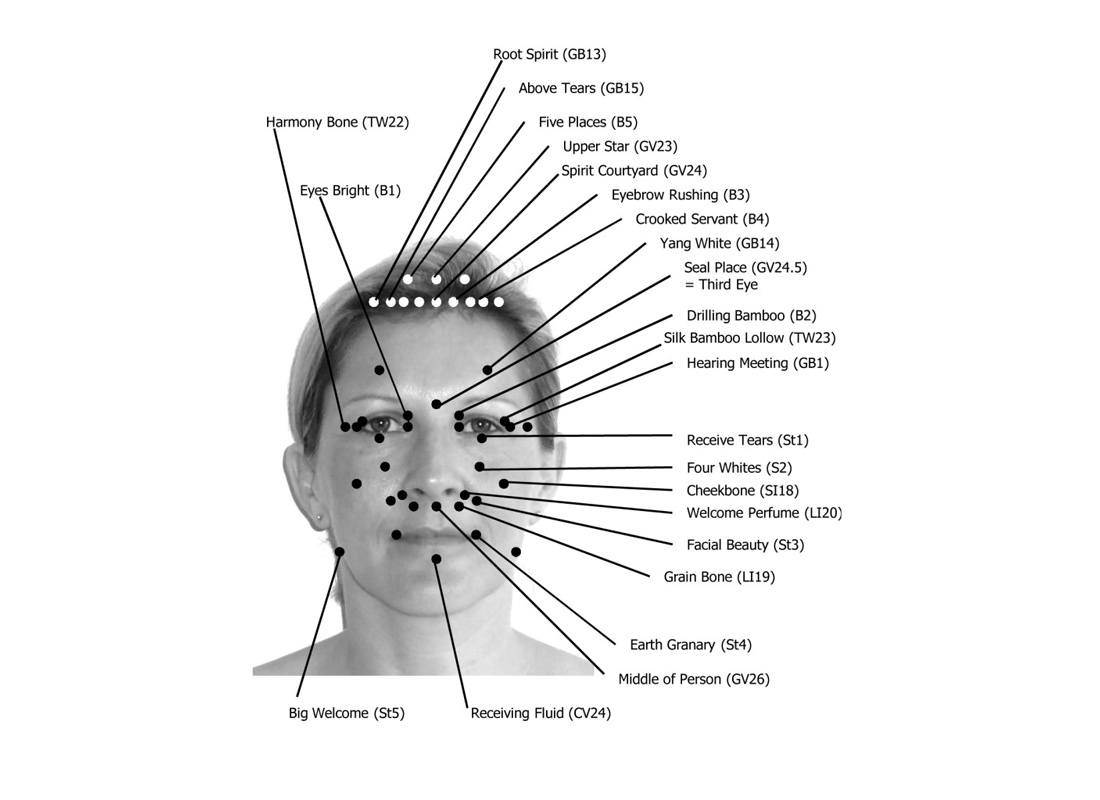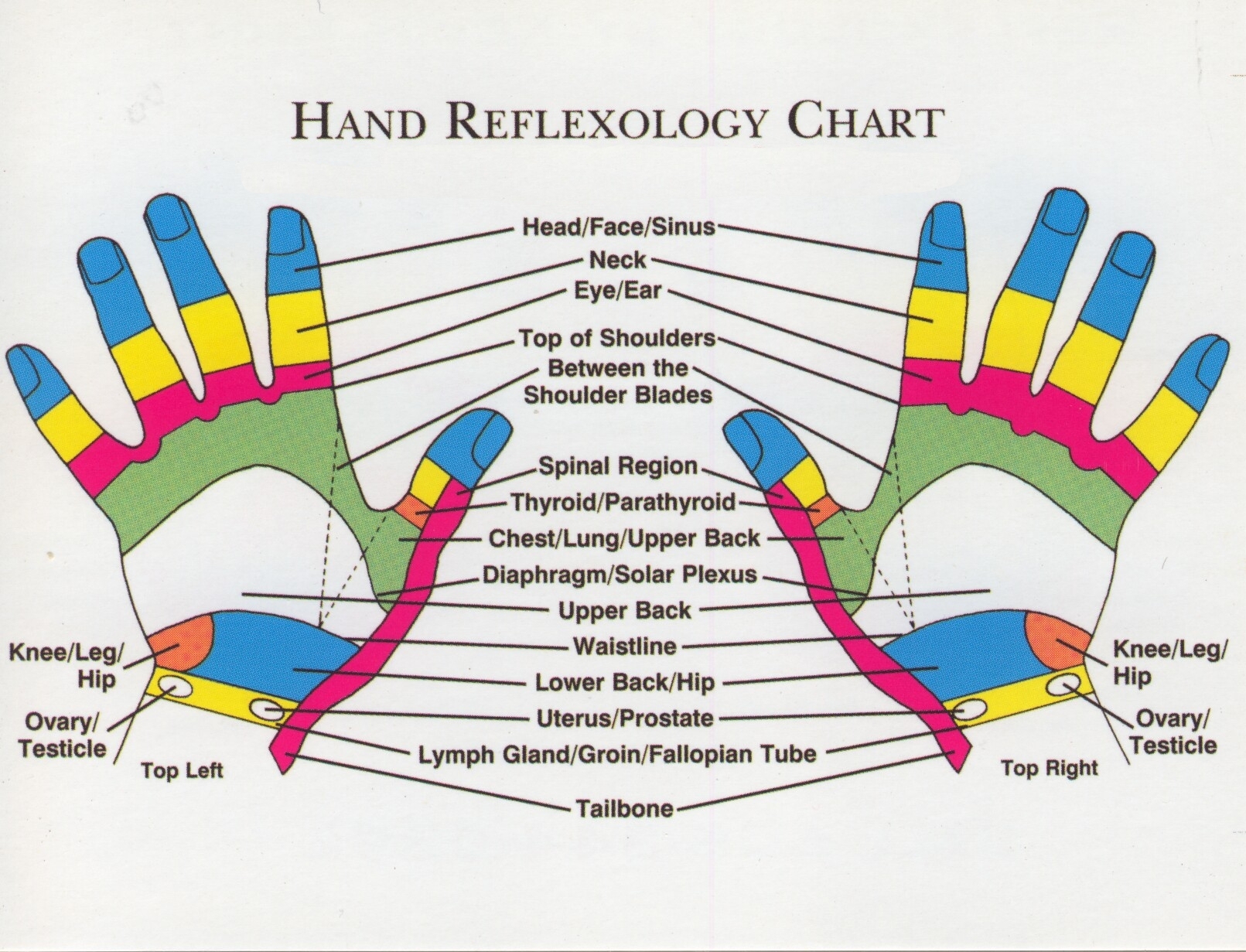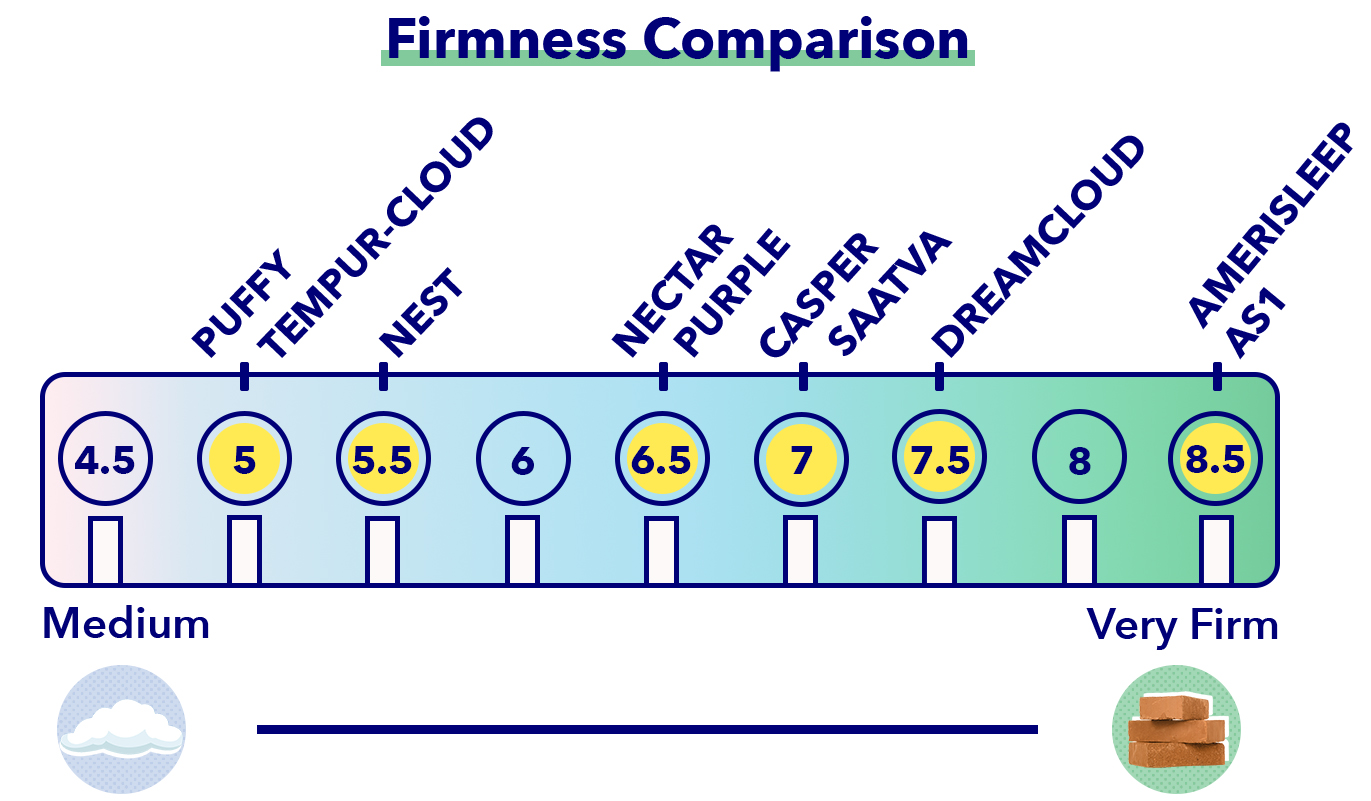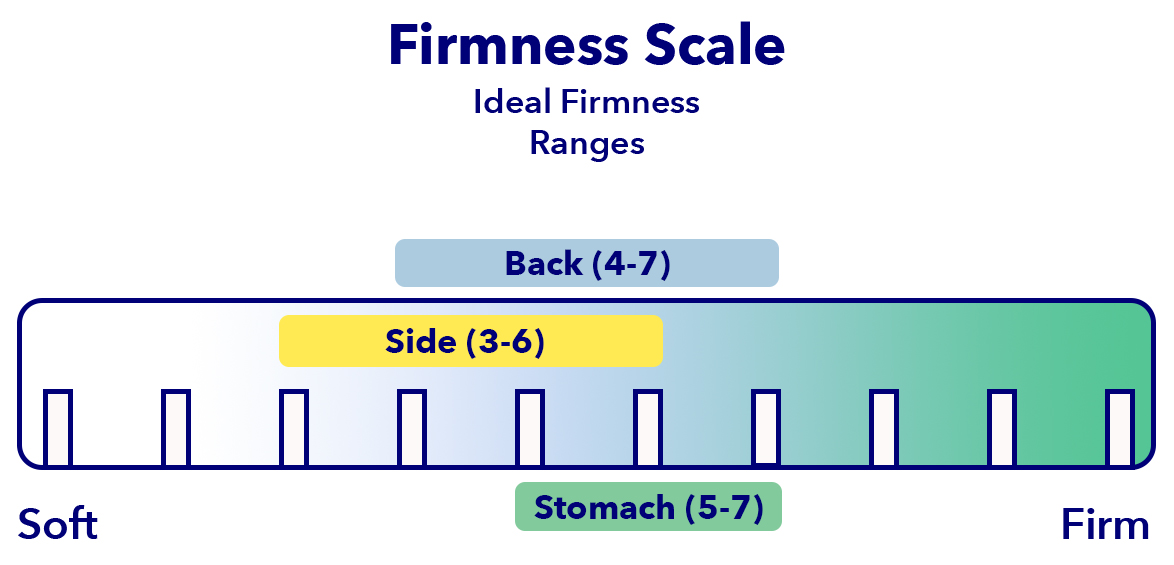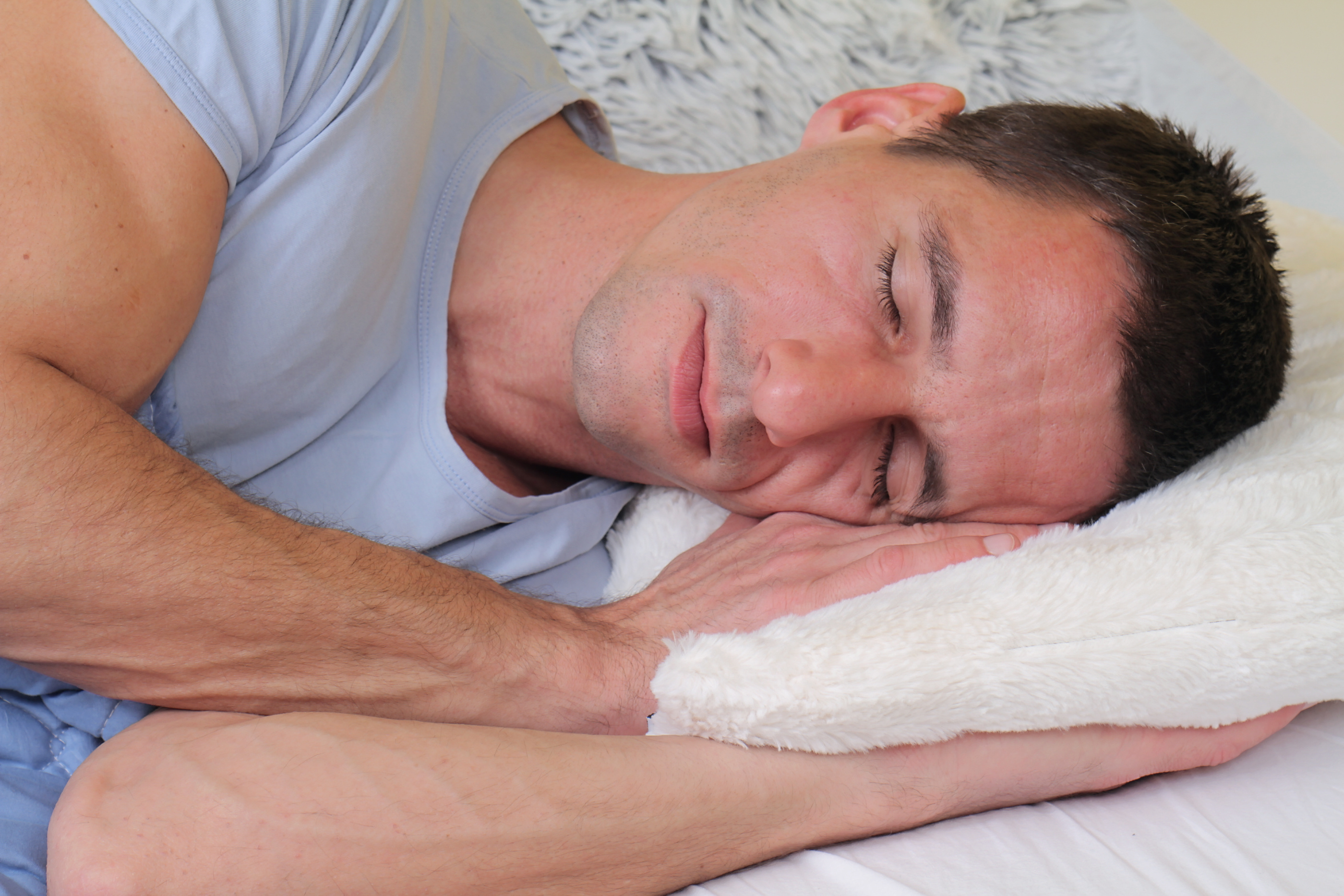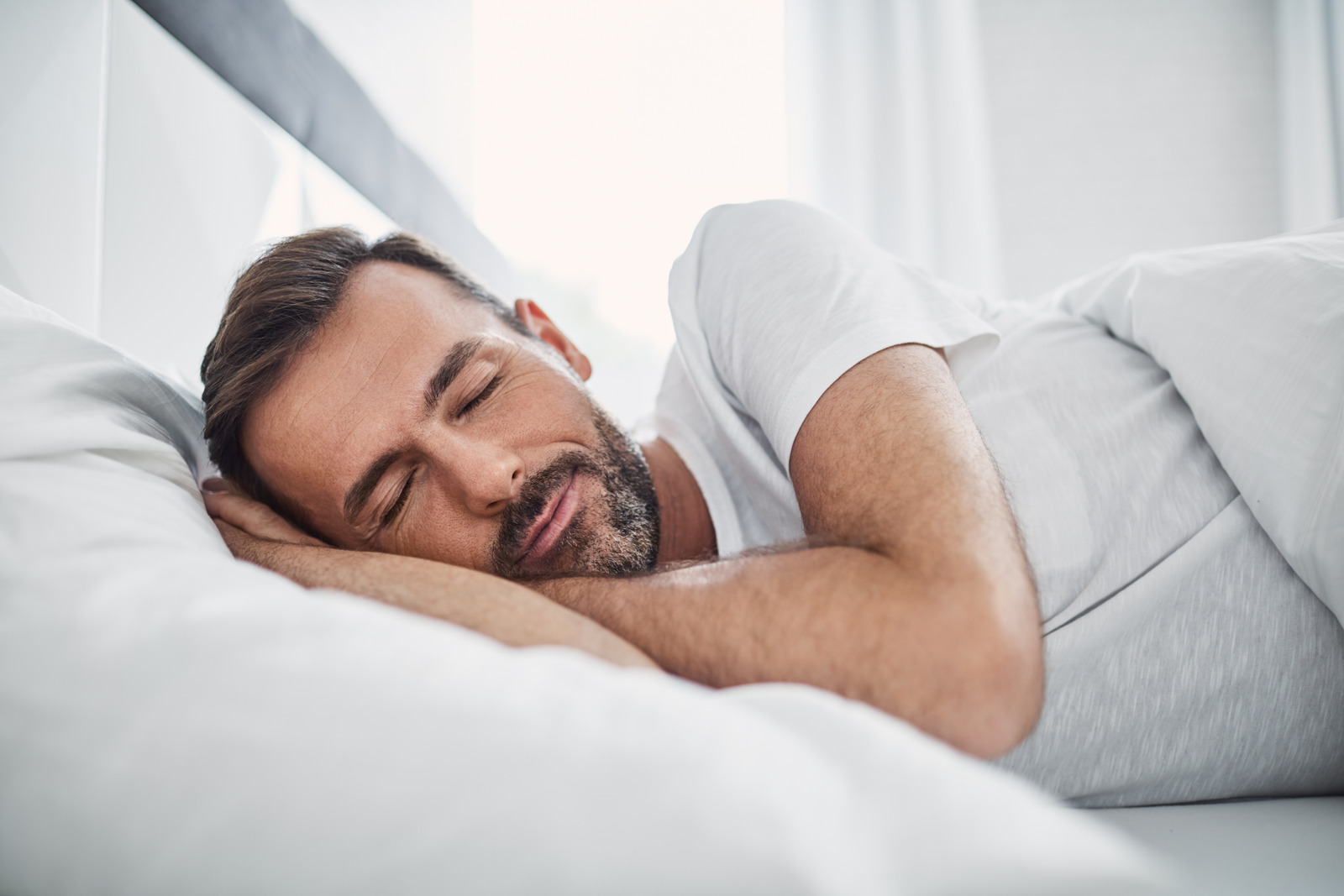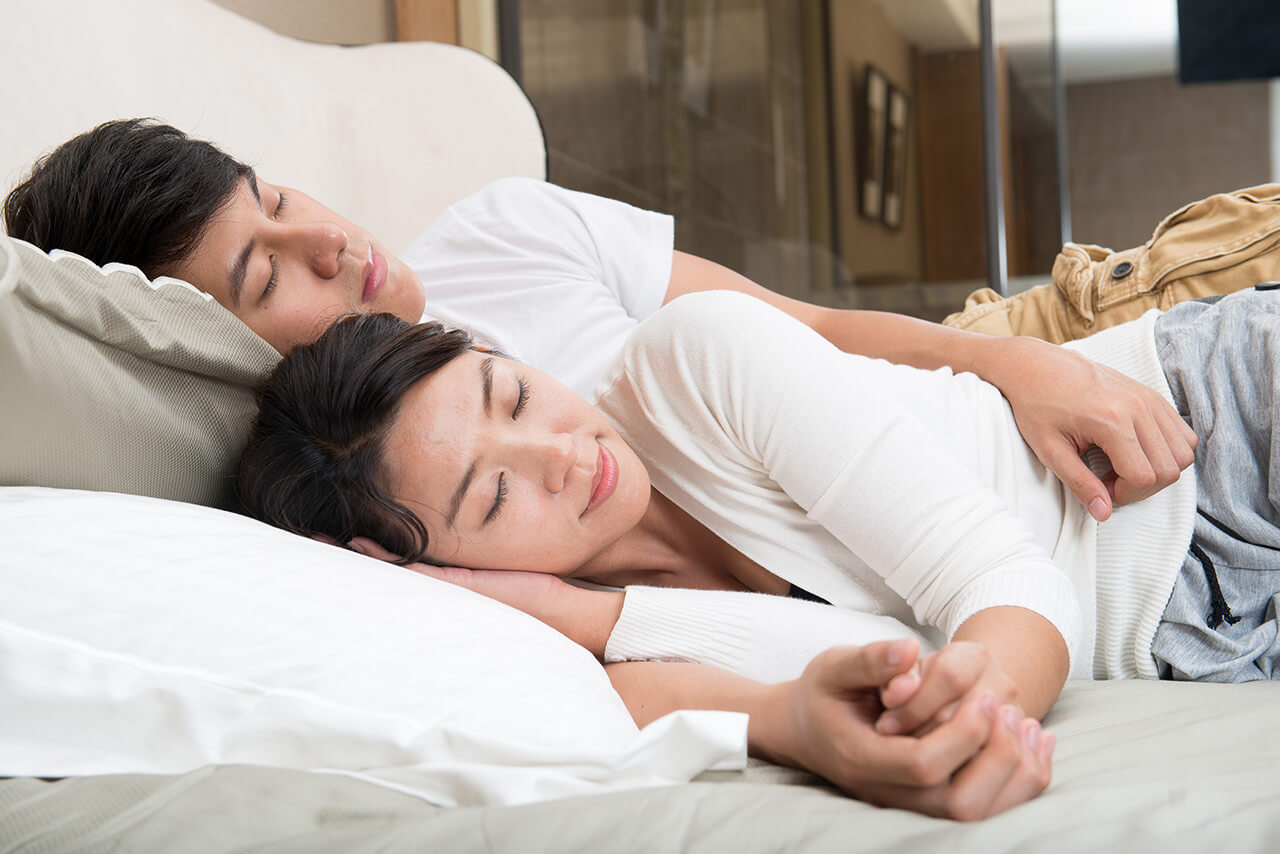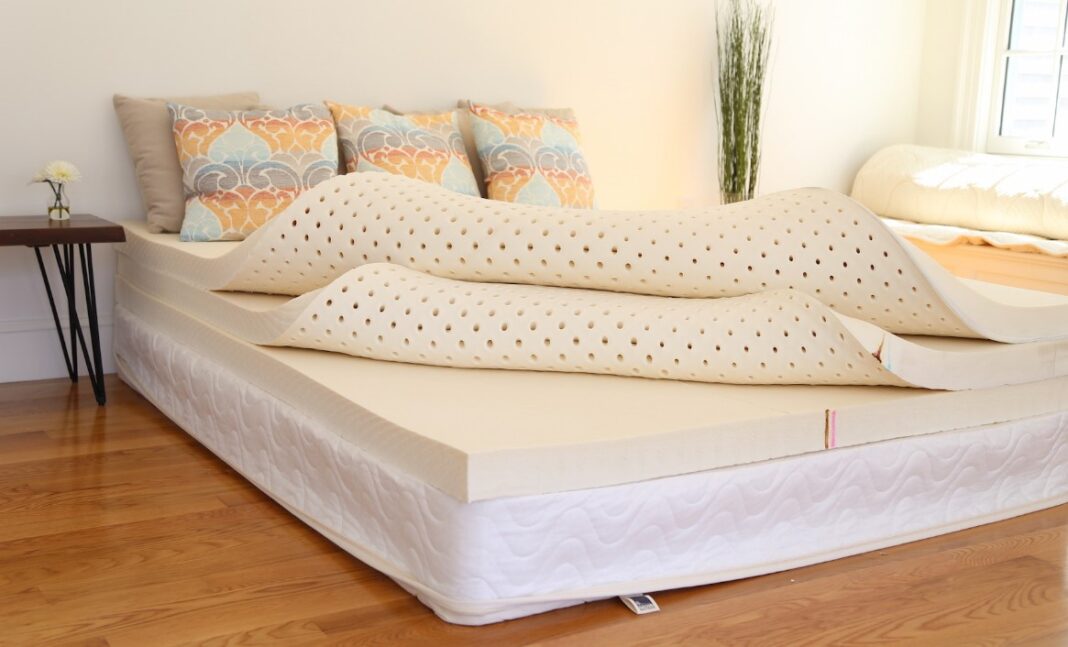Is Your Memory Foam Mattress Causing Back Pain?
Memory foam mattresses have become increasingly popular due to their ability to conform to the body and provide pressure relief. However, for some people, sleeping on a memory foam mattress can actually lead to back pain. In this article, we will discuss the top 10 ways your memory foam mattress may be causing your back pain and what you can do to find relief.
1. Lack of Support
One of the main causes of back pain from a memory foam mattress is lack of support. While memory foam molds to your body, it may not provide enough support for your spine. This can lead to improper spinal alignment, which can put strain on your back and cause pain. If your mattress is too soft or worn out, it may be time to consider a firmer option that will provide the support your back needs.
2. Poor Quality Mattress
Not all memory foam mattresses are created equal. If you purchased a cheaper, lower quality mattress, it may not have the necessary support and could be causing your back pain. Investing in a higher quality, more supportive memory foam mattress could make a significant difference in your sleep and back pain.
3. Not Suitable for Your Sleep Position
While memory foam mattresses can be great for side sleepers, they may not be the best option for back or stomach sleepers. Sleeping on your stomach or back on a memory foam mattress can cause your spine to sink too much, leading to back pain. If you prefer these sleep positions, consider a firmer mattress or one with additional support for your lower back.
4. Too Soft for Your Weight
Another factor to consider is your weight. Memory foam mattresses are designed to contour to your body and provide pressure relief, but if you are on the heavier side, you may sink too much into the mattress, causing your spine to be misaligned. In this case, a firmer mattress may be a better option for you.
5. Allergies to Memory Foam Materials
Some people may experience back pain from a memory foam mattress due to allergies to the materials used. Memory foam is made from petrochemicals, which can emit volatile organic compounds (VOCs) that can cause respiratory problems and other health issues. If you suspect this may be the cause of your back pain, consider switching to a natural or organic mattress.
6. Pressure Points
While memory foam is designed to relieve pressure, it can also create pressure points in areas where your body sinks in too much. This can lead to discomfort and pain in the hips, shoulders, and other areas. If you experience this issue, try adding a mattress topper or switching to a hybrid mattress that combines memory foam with other materials for better pressure relief.
7. Incorrect Pillow Height
While your mattress plays a significant role in your sleep and back pain, your pillow also plays a crucial role. Using the wrong pillow height can affect the alignment of your spine and cause back pain. If you have a memory foam mattress, consider using a memory foam pillow for optimal support and alignment.
8. Lack of Firmness Options
Many memory foam mattresses come in only one firmness option, which may not work for everyone. If you find that your mattress is too soft or too firm, you may experience back pain. Look for mattresses that offer a range of firmness options or ones that allow you to customize the firmness level.
9. Poor Sleep Quality
Back pain from a memory foam mattress can also be caused by poor sleep quality. If you are not getting enough restful sleep, it can lead to tense muscles and increased pain. Consider improving your sleep hygiene and creating a comfortable sleep environment to help reduce back pain.
Is Your Memory Foam Mattress Causing Back Pain?

The Rise of Memory Foam Mattresses
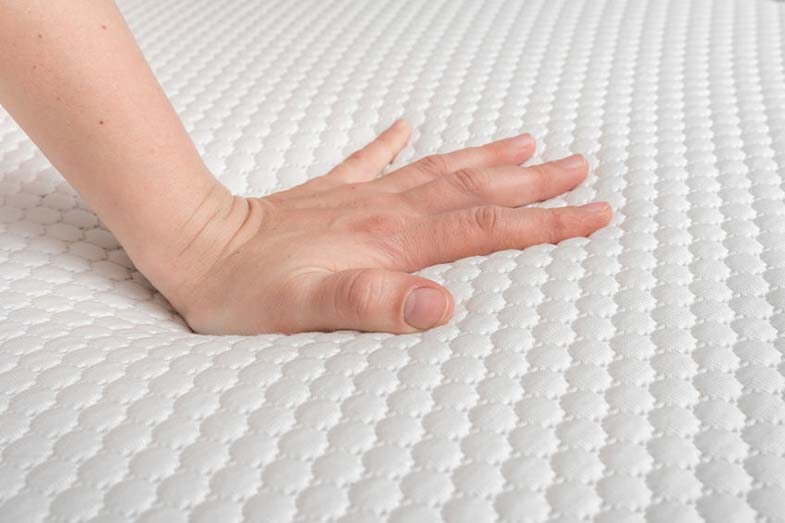 When it comes to getting a good night's sleep,
memory foam mattresses
have become a popular choice for many people. These mattresses are known for their ability to conform to the shape of your body, providing support and comfort throughout the night. However, as with any type of mattress,
memory foam mattresses
can also have their drawbacks. One common complaint is that these mattresses can cause
back pain
for some individuals. So, if you've been experiencing
back pain
and you have a
memory foam mattress
, you may be wondering if it could be the culprit. Let's dive deeper into this issue and find out if your
memory foam mattress
could be causing your
back pain
.
When it comes to getting a good night's sleep,
memory foam mattresses
have become a popular choice for many people. These mattresses are known for their ability to conform to the shape of your body, providing support and comfort throughout the night. However, as with any type of mattress,
memory foam mattresses
can also have their drawbacks. One common complaint is that these mattresses can cause
back pain
for some individuals. So, if you've been experiencing
back pain
and you have a
memory foam mattress
, you may be wondering if it could be the culprit. Let's dive deeper into this issue and find out if your
memory foam mattress
could be causing your
back pain
.
The Link Between Memory Foam Mattresses and Back Pain
 The main reason why
memory foam mattresses
can cause
back pain
is due to their firmness level. While
memory foam mattresses
are known for their ability to conform to your body, they can also be too soft for some individuals. This lack of support can cause your spine to sink into the mattress, leading to misalignment and
back pain
. Additionally,
memory foam mattresses
can also trap heat, causing you to overheat and toss and turn throughout the night, leading to
back pain
from lack of proper sleep.
The main reason why
memory foam mattresses
can cause
back pain
is due to their firmness level. While
memory foam mattresses
are known for their ability to conform to your body, they can also be too soft for some individuals. This lack of support can cause your spine to sink into the mattress, leading to misalignment and
back pain
. Additionally,
memory foam mattresses
can also trap heat, causing you to overheat and toss and turn throughout the night, leading to
back pain
from lack of proper sleep.
How to Alleviate Back Pain Caused by Your Memory Foam Mattress
 If you suspect that your
memory foam mattress
is causing your
back pain
, there are a few things you can do to alleviate the discomfort. First, try adding a
memory foam mattress topper
to your current mattress. This can add extra support and help with heat regulation. You can also try rotating your mattress regularly to ensure that your body weight is evenly distributed. Another option is to switch to a firmer
memory foam mattress
or even try a different type of mattress altogether, such as a hybrid or innerspring mattress.
If you suspect that your
memory foam mattress
is causing your
back pain
, there are a few things you can do to alleviate the discomfort. First, try adding a
memory foam mattress topper
to your current mattress. This can add extra support and help with heat regulation. You can also try rotating your mattress regularly to ensure that your body weight is evenly distributed. Another option is to switch to a firmer
memory foam mattress
or even try a different type of mattress altogether, such as a hybrid or innerspring mattress.
Conclusion
 While
memory foam mattresses
have their benefits, they may not be the right choice for everyone. If you're experiencing
back pain
, it's important to address the issue and find a solution that works for you. Whether it's adding a
topper
or switching to a different type of mattress, don't let your
memory foam mattress
continue to cause discomfort. With the right adjustments, you can get a good night's sleep and wake up without any
back pain
from your
memory foam mattress
.
While
memory foam mattresses
have their benefits, they may not be the right choice for everyone. If you're experiencing
back pain
, it's important to address the issue and find a solution that works for you. Whether it's adding a
topper
or switching to a different type of mattress, don't let your
memory foam mattress
continue to cause discomfort. With the right adjustments, you can get a good night's sleep and wake up without any
back pain
from your
memory foam mattress
.

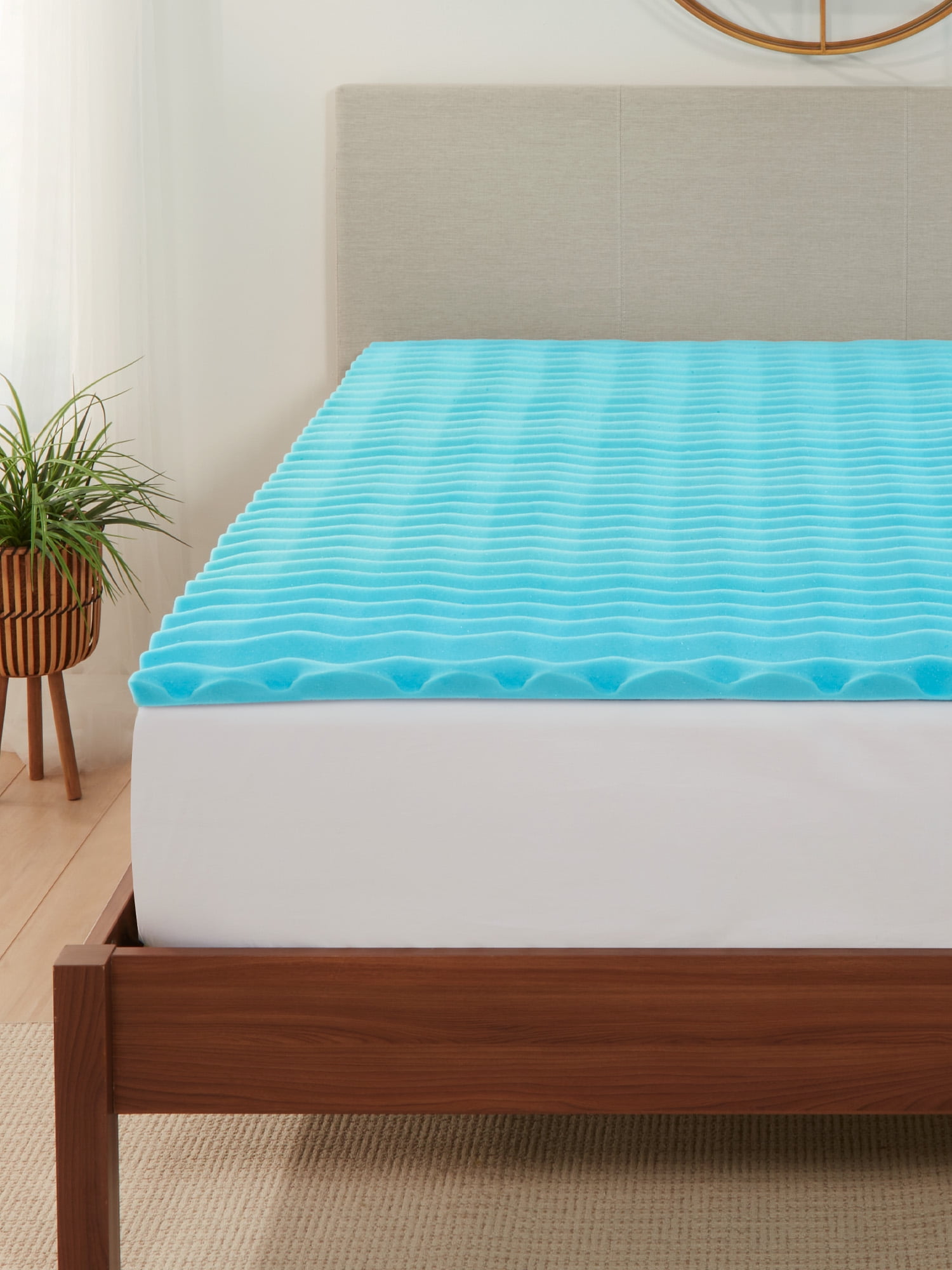















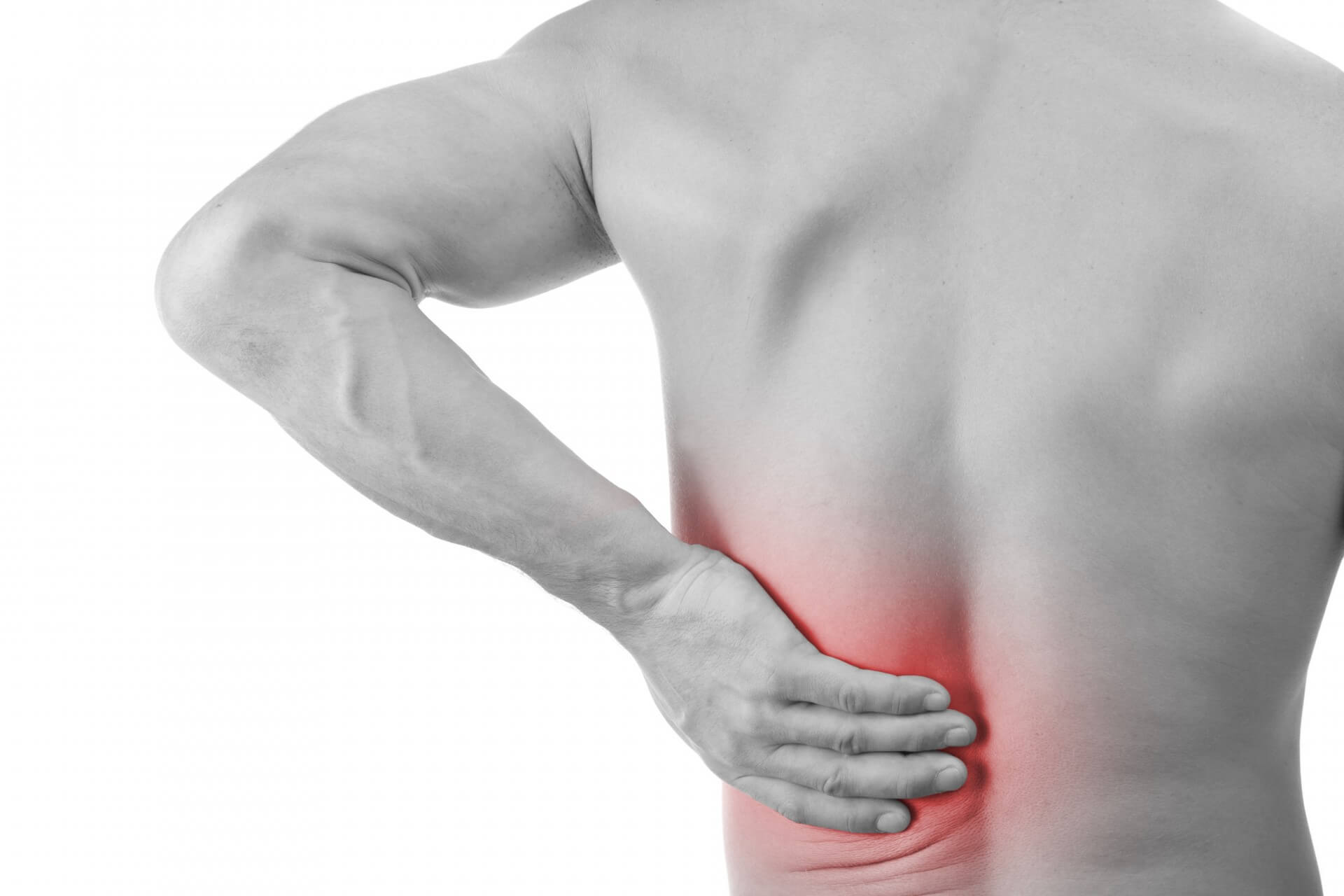
:max_bytes(150000):strip_icc()/backpainfinal-01-5c3ba0bf46e0fb0001b5b300.png)



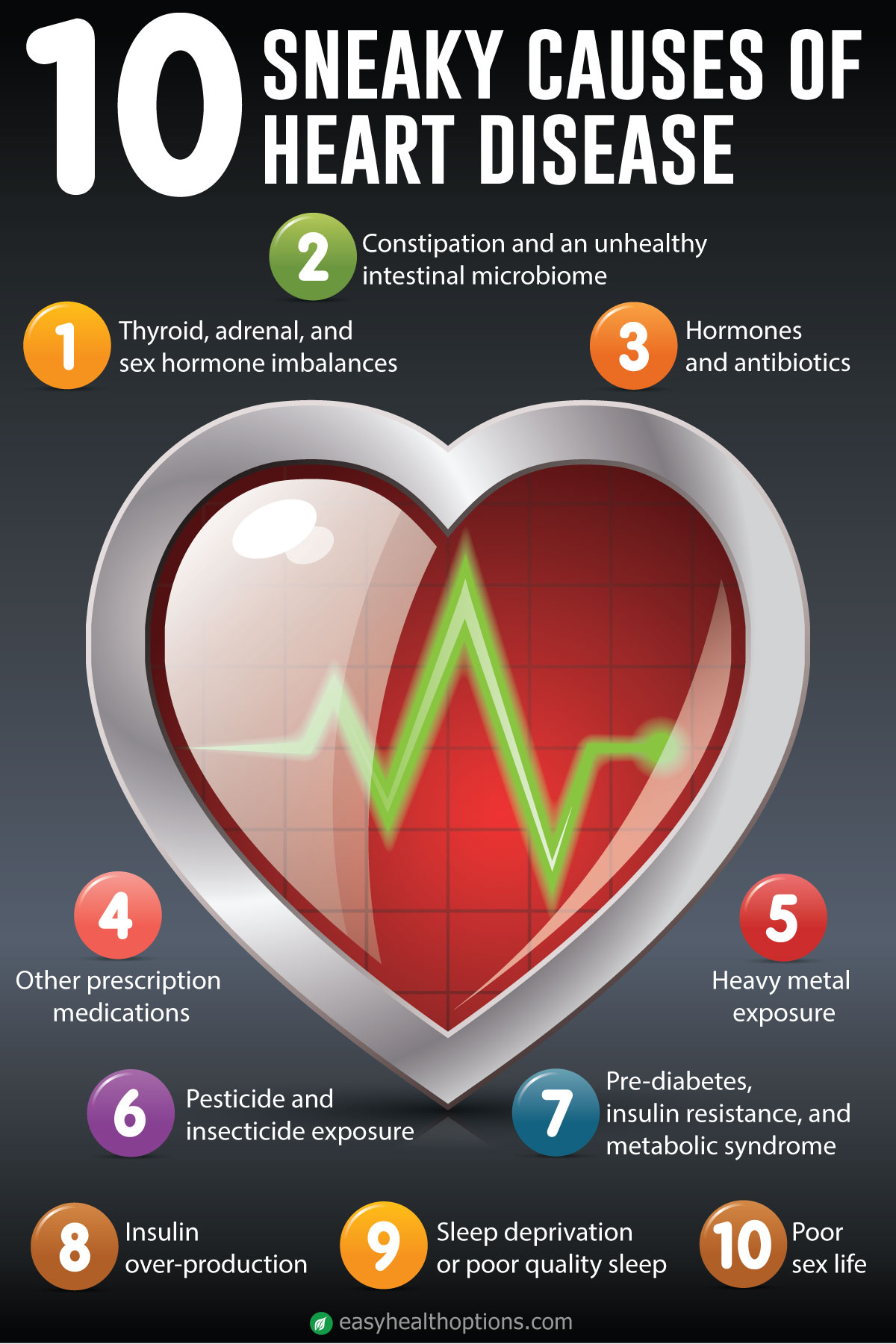


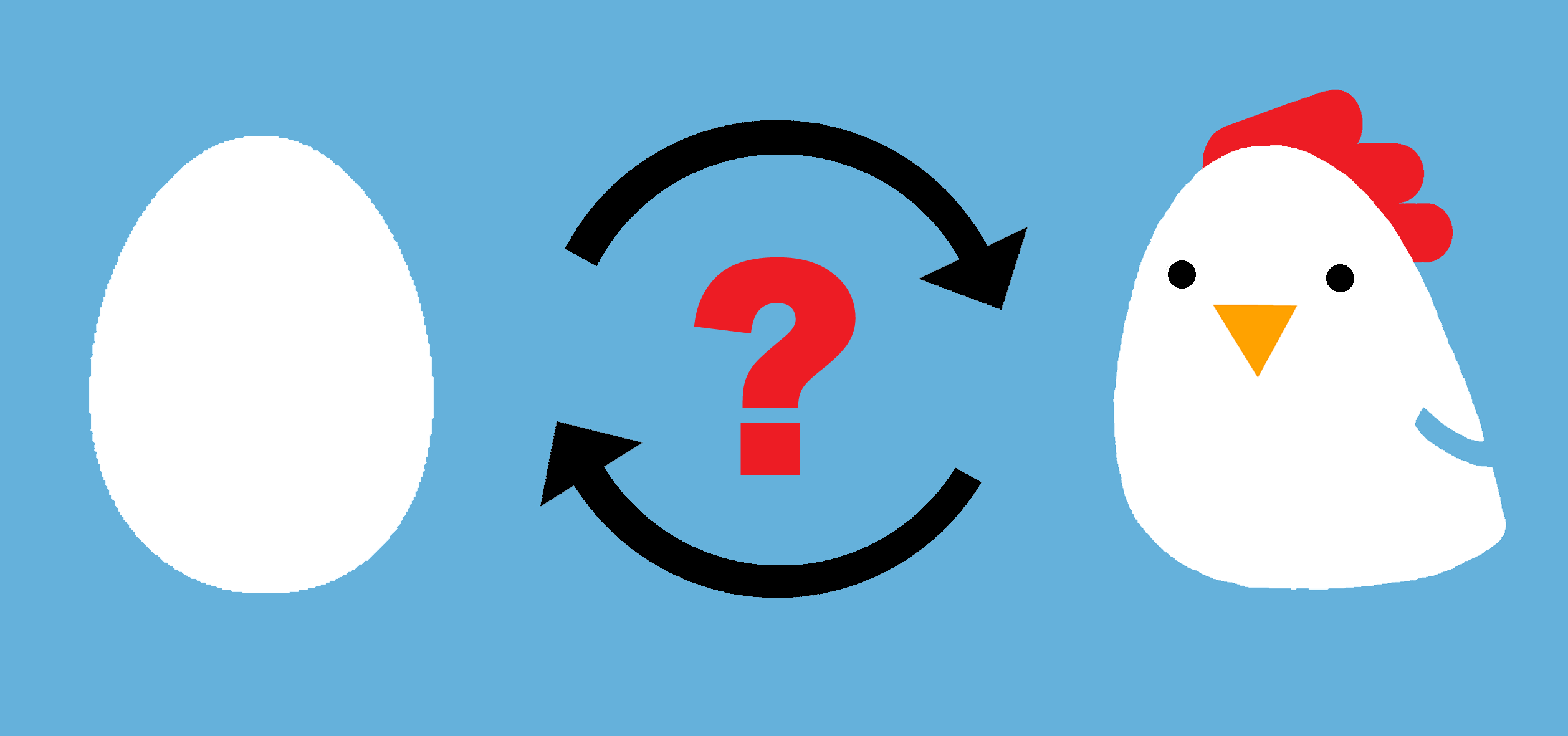
:max_bytes(150000):strip_icc()/cancer-causes-513773_FINAL-ed7f995b3eca46eca8064643b15ce581.jpg)

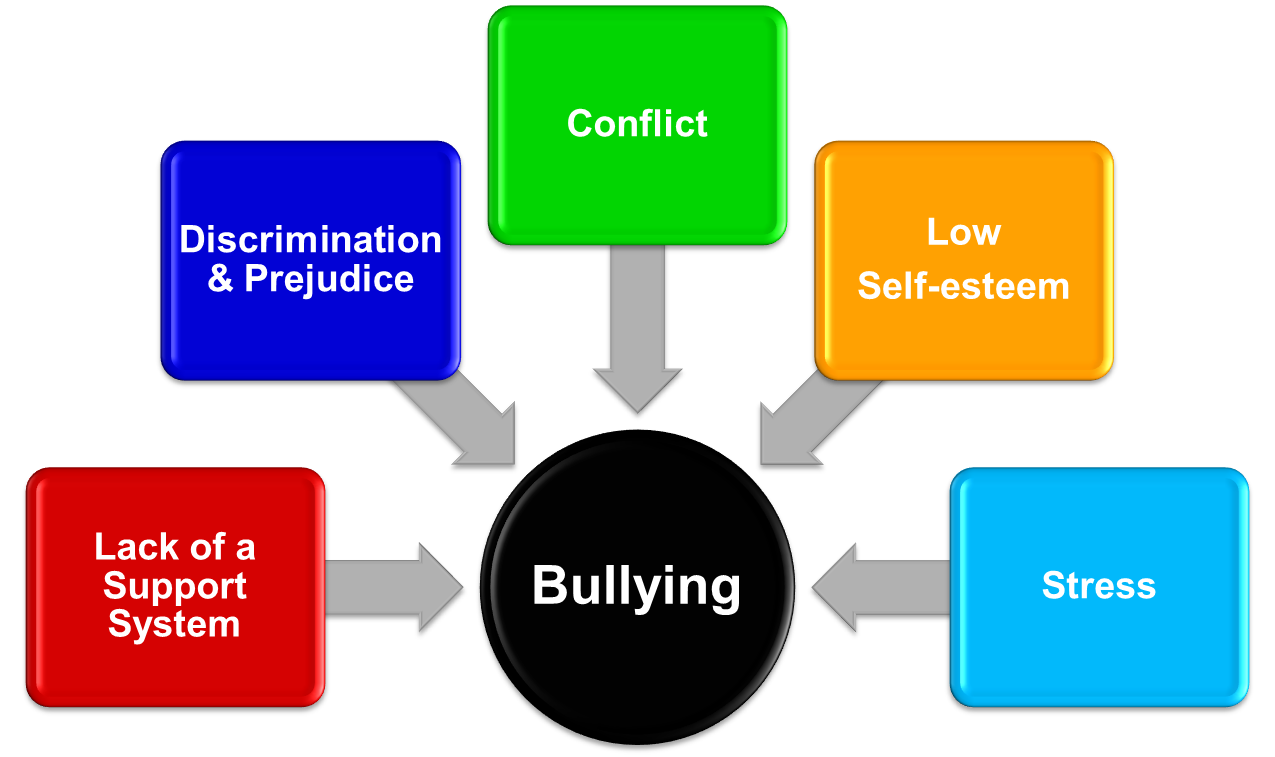

/1066772-common-causes-of-depression-5ae727a7875db900375789d5.png)

